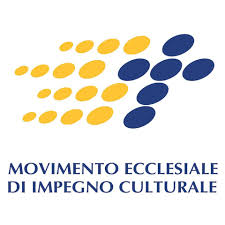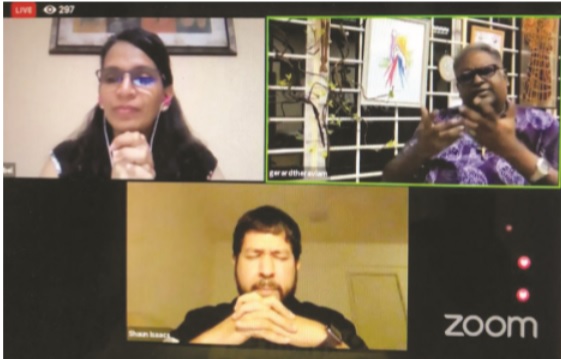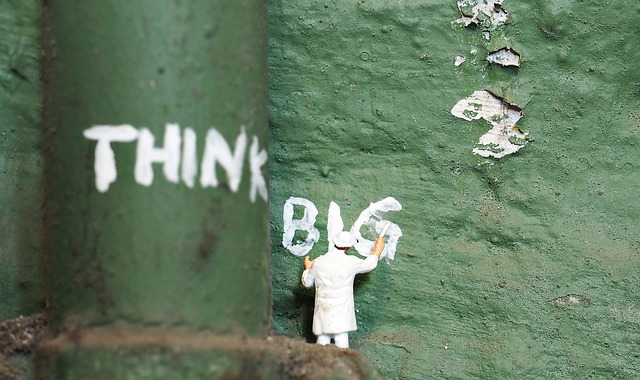Dear friends
Those who sign up for this letter, Christians worried about the situation we are living in Catalonia, have believed that it might be a good thing to explain here the way we see the situation, and we see how to look to tackle a way out. Obviously, without any pretense to convince anyone, but only with the desire to publicly make know the various ways of addressing the problem that exists within the Christian community, based on the same faith and the same faithfulness to the Gospel of Jesus.
We address this letter to all Christians who want to read it, and also to all those other citizens who may be interested in our opinion, and we are motivated by the desire to promote creation, at all possible levels, of the channels of dialogue essential for our country to move forward. So, here we present, in the form of nine points, our vision of what is happening to us and where the search for an exit might be.
1- Starting with the most careful aspect of the situation we are living in, we think that the imprisonment, in preventive custody, of a group of independentist leaders, has no justification, seems more of an improper removal of a democratic country than anything else, and it does a very serious damage to those affected, as well as to their families, as well as to the whole society. We ask the judges who are responsible for this decision, as well as for all those who, in one way or another, can influence, to think about the evil they are doing, and activate the mechanisms necessary to release the prisoners while there is no firm sentence.
2- We also believe that the offenses against which imprisoned independentist leaders are accused do not correspond to the reality of the events, so that the penalties that could correspond to them would be clearly unfair. Undoubtedly, many of them had outstanding interventions in actions that did not respect democratic legality, but not until the extremes that they are wanted to impute to them. Therefore, we demand that the trial to which they are subject corresponds to what really happened. And we also ask now that, when it is time, they can be the subject of grace measures that facilitate the social reconciliation that our country needs.
3- The situation that is happening in Catalonia has very deep roots. But, surely, the current outburst has its direct origins in the attitude of the Popular Party and the most rancid Spanishism, first attacking the Statute approved by the people of Catalonia legally in a referendum and then with the closure to any political dialogue and to any reasonable proposal to respond to the national demands that were raised in Catalonia, all of which were the fruit of a dramatically visible attitude in the police action of October 1, 2017. In this sense, then, we value very positively what the change of government in Spain has meant, and the possibilities of dialogue that have been opened. Certainly the change of tone and attitude on the part of the Spanish government is not enough, and we think that in this sense it would be worth a bit more courage at the time of making proposals, but in any case it is the first indispensable step to untie the situation
4- On the other hand, we see with sadness that from the Government of the Generalitat it is often acting as if it were to prevent the dialogue from being possible and fruitful. We do not see, especially in the actions of the president of the Generalitat and in those of other leaders of the independentism, a desire to find points of agreement that allow to advance. The demands that are presented, and the tone with which they are presented, are not those that should be expected in people with real negotiating will.
5- It makes the feeling that, behind this attitude of the independentist leaders, there is the conviction that the cause of the independence of Catalonia has, in itself, a moral superiority or intrinsic kind of legitimacy that everyone should recognize and justify anything that is done to get it. But this moral superiority or intrinsic legitimacy does not exist, and what counts is the will expressed democratically by the citizens of Catalonia. In Catalonia, as shown by all the elections that have taken place in recent years, the parties with independence as central of their program do not reach 50 percent of the votes. This, we believe, should lead the leaders of these parties not to try to speak as if independence they promote was the will of a large majority of Catalans and Catalans, but to recognize and respect the fact that Catalonia, in this sense, it is clearly divided.
6- In the face of the division that we are living in Catalonia, it does not seem to make any favor for collective coexistence to exacerbate the division by delegitimizing beyond the reasonable the legal framework, or promoting disdain for everything that comes from Spain, or promoting also the contempt for those Catalans who do not agree with the criteria of independentism that governs. The good of Catalonia, and the decisive goal of being a single people, would advise rather to work to find ways of coexistence and social organization that, by ensuring consensus and basic conditions, make it possible to build a meeting space really common. And that does not mean that the independentist parties must renounce their goals: it means, only, that it would be desirable that they recognize that at this moment they do not give themselves the conditions to reach it without doing a considerable destruction. Luckily, it must be said, recently we have seen how a part of the independence movement begins to accept this fact, and we will welcome it.
7- Within the goal of being a single town, we would like to focus on one aspect that in Catalonia has a determining weight. We are referring to the situation of the Catalan language. The convulsions of recent years have led to the fact that a certain number of Catalans, who did not have Catalan as a family language but who had assumed and internalized that learning and using the language of Catalonia itself was a good from personal and social point of view, now have begun to turn their backs on you. From the time of independantism, it has been acted as if Catalan was inextricably linked to independence. And since these Catalans of non-Catalan family origins do not want the independence, they have come to see Catalan as an enemy language. Thus, a consensus that had cost a lot to be created has broken. We believe that the independence parties should seriously reflect on this reality. And they should also reflect on the evil that can be provoked in the other territories with whom we share the same language.
8- From our perspective, we would like to claim from here the possibility of a country that can work peacefully, dignity and good coexistence. For this reason, we would like to encourage the Spanish government to continue on the path of dialogue despite all the difficulties. The Spanish government, although the Catalan government does not have the answer that would be desirable, should not stop the actions that make this viable work, moving forward in the line of reconsidering Spain as a multinational nation, and draw its relevant political and legal consequences. And we would like to make another appeal: we would like to ask the parties that until now have refused to seek a political solution to the conflict that we are living, to reflect and to be able to change their attitude, for the good of all.
9- And in the meanwhile, in Catalonia we will also have to start talking. The current radicalization of approaches has meant that some of the citizens have opted for positions that seem irreconcilable, both in defense of the independence of Catalonia and in the defense of the unity of Spain. But these positions can change and, moreover, we believe that if the situation enters into more dialogue paths, it will certainly change. But it will be necessary to have the courage to do this effort, and not wait too long to get in. If not everyone wants to talk, at least talk to those who want and want to make a future for all possible. See what are the desires and concrete projects from the various perspectives, look for common denominators, and walk.
We write this as we prepare to celebrate Christmas. And while we write it, we can not fail to think about the criteria of life that Jesus taught us, and how evident they are in the stories of his birth: peace for all, dignity for all and especially for the poor, the call to a fraternal world, the joy for the Good News of God. Perhaps in Catalonia we have focused so much on our internal battles that we have forgotten some of these criteria. We would like you to find a way of living that would be more or less acceptable to most of the population, and we could focus more on the struggles for the common good as Jesus understood.
Rafael Calvo Oyón, Josep Maria Carbonell Abelló, Cori Casanova Barberà, Lourdes Casanovas Cristóbal, Salvador Clarós Ferret, Andreu Comellas Doñate, Albert Farriol Vinyes, Quireria Guirao Abellán, Josep Lligadas Vendrell, Pilar Malla Escofet, Antoni Pascual Pujós, Mercè Solé Tey.
December 17, 2018





Leave A Comment
You must be logged in to post a comment.